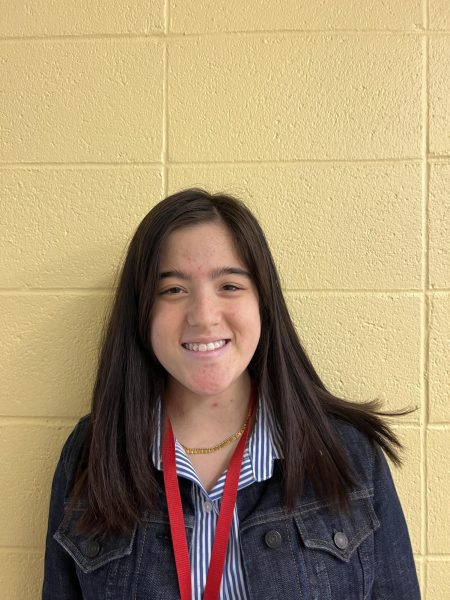Maia’s Transplant Tapestry. When you hear that name, you probably think “transplant,” which might lead you to think “donation,” or “organ donation.” But what even IS organ donation? In my last article, I promised to discuss this topic, and I’m a person of her word.
Before I share about organ donations, I must put out a disclaimer. I am by no means a nephrologist (kidney specialist), nor do I have any thorough knowledge on organ donation. This information is only what I’ve taken on in my own independent research. For this reason, this article will primarily discuss my experience with organ donation and less on the objective topic.
To provide a gist of it, literally speaking, organ donation is the act of taking organs (or even tissues) from a donor and giving them to someone who is in need of those healthy organs, whether they have organs that are already failing or close to failing.
There is the concept of a living donation, and the concept of a deceased donation. Living donors can donate a portion of their liver or one kidney, and this is said to be the greatest gift and opportunity to receive a healthy organ in a reasonable amount of time. According to the National Kidney Foundation, the waitlist for an organ from a deceased donor is, on average, 3 to 5 years. Conversely, if one has a living donor, it’s typically less than a year of waiting for organ donation.
On the contrary, in order to be a deceased donor, it unfortunately typically happens in a tragic event such as a car accident. According to the NJ Sharing Network, in order to be a deceased donor, the individual has to be on a ventilator. For instance, if somebody dies in a car accident, that individual will not be a candidate for organ donation if they are not on a ventilator. However, they would be eligible to be a tissue donor.
Having gone through transplants as both a second-grader and a high school senior, organ donation has provided me with a truly life-changing gift. However, I’ve already written about the positive aspects of my story. What goes commonly overlooked are the great deal of challenges that come with being a recipient of organ donation at many different ages of human life.
Although a kidney transplant is one of the biggest gifts I have received, it comes with many hardships. Three in particular stand out to me:
One big challenge that comes to mind is how, after my first transplant, I missed up to a full academic year’s worth of school. I completed all of second grade from home. Even as a high school senior, missing three months of school due to being immunosuppressed after my transplant and having to complete college applications from the hospital was no easy task.
However, what I found to be the real challenge was going back to school, catching up on school work, and reestablishing friendships. Given that I missed such a significant portion of school for both transplants, it was like my life had been put on pause. However, the world kept moving, and I had to re-enter that world completely blind. Therefore, both times, I received a lot of questions about my absence, I had so many assignments waiting for me, and my friends felt more distant than ever. I felt so alienated, and this evoked a tremendous amount of anxiety in me.
Another challenge that comes with being a young person after transplant is medicine management. Some issues that I faced were being embarrassed about taking it in front of people, losing track of time, and not always knowing what medicines/doses I’m taking at a certain point due to the constant fluctuation of my doses depending on the state of my kidney function. This is something I still find challenging, even five months after my second transplant.
Finally, a big challenge that young people face after transplant is the frequent/weekly hospital/clinic visits. These visits entail missing a lot of class, resulting in feeling alienated at school and an influx of missing assignments to make up. In addition, at least for me, I tend to feel quite anxious when returning back to school late, and I feel like I’m walking into a party late.
Thankfully, I’ve gotten over those major obstacles. I’ve gotten a strong sense of how caring THS’s student body truly is, and as a result, my anxiety with going to school has been completely diminished. I’ve gotten into my top choice college, have gotten over the embarrassment of taking medicine in front of people, and have come to peace with my hospital visits. My hospital visit frequency has also gone down significantly, so that certainly helped matters.
Overall, I’m incredibly grateful for organ donation, and that’s why I advocate for it. However, challenges do accompany such an incredible experience, and I felt that sharing that aspect is also crucial. Despite those challenges, I’ve found myself as a person, grown as an individual, and am now stronger than ever.
So, if I can do it, so can you! Don’t give up even when things get hard.











































































































































